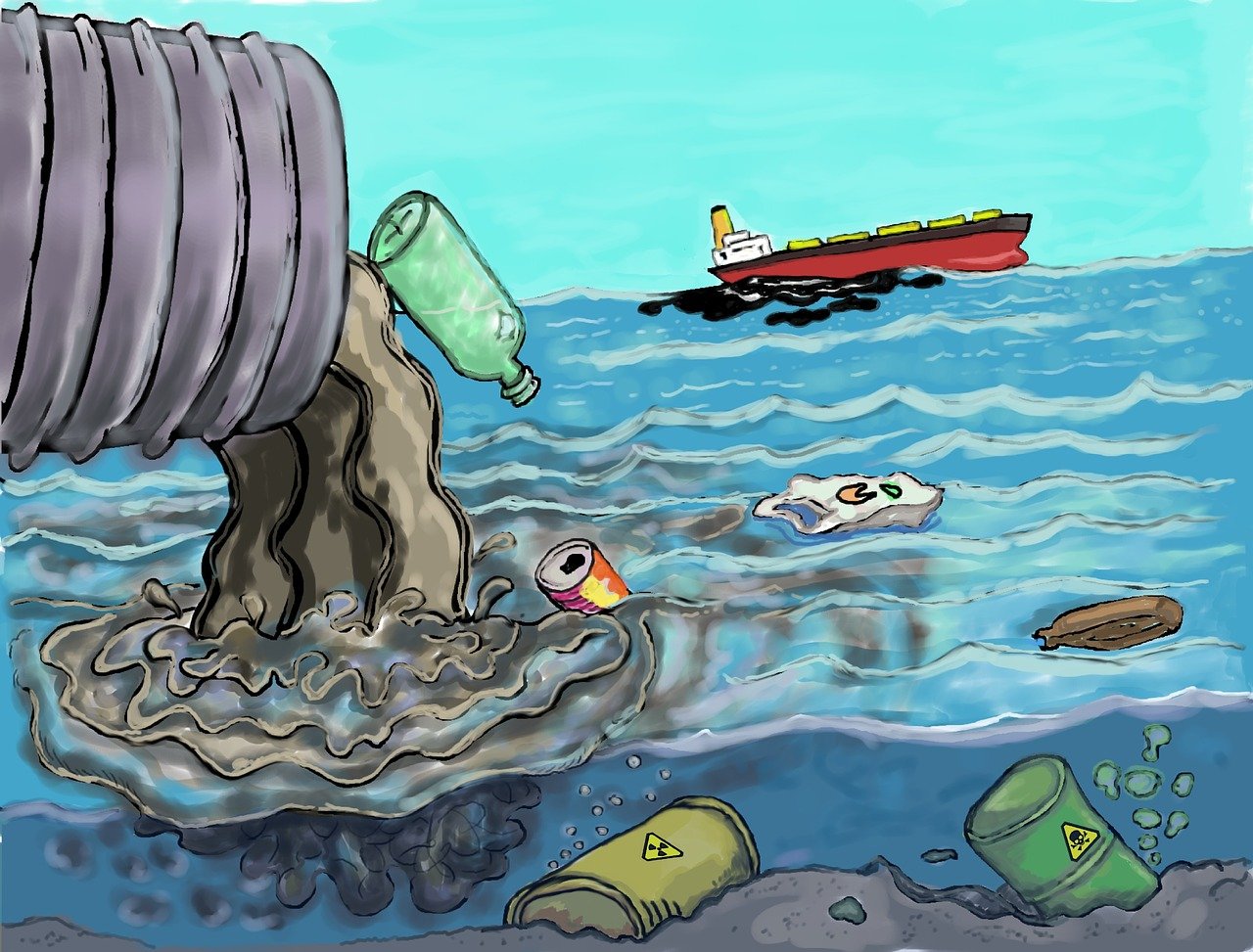The term “weaponized incompetence” describes a deliberate tactic where an individual feigns a lack of ability or understanding to avoid responsibilities or tasks. This behavior often occurs in personal relationships, workplaces, or group settings, placing an unfair burden on others. While incompetence can sometimes stem from genuine lack of skill or experience, weaponized incompetence is a calculated strategy, often rooted in manipulation.
What Is Weaponized Incompetence?
Weaponized incompetence involves intentionally performing a task poorly or pretending not to know how to do it to shift the responsibility to someone else. Unlike honest mistakes or genuine efforts to learn, this behavior often comes with excuses like, “I just can’t do it right,” or “You’re better at this than me.” It’s a subtle, manipulative tactic that exploits others’ patience and willingness to help.
For example:
- In relationships, a partner may claim they don’t know how to cook or clean properly, forcing the other to take on those chores.
- In workplaces, employees might underperform on tasks they dislike, knowing someone else will pick up the slack.
- In group projects, one member might feign ignorance to avoid contributing, relying on the rest to carry the workload.
Recognizing the Signs
Identifying weaponized incompetence can be challenging, as it often disguises itself as forgetfulness, lack of skill, or neediness. However, certain patterns can signal manipulative intent:
- Repeated mistakes on simple tasks: Tasks are performed so poorly that others prefer to take over rather than deal with the consequences.
- Over-reliance on others: The individual consistently asks for help on things they should know or could easily learn.
- Excuses over improvement: Instead of learning or trying to improve, they rely on statements like, “I’m just not good at this.”
- Uneven distribution of work: One person ends up shouldering an unfair share of responsibilities while the other avoids them.
How Weaponized Incompetence Affects Relationships
This behavior can erode trust and breed resentment, especially in personal relationships. For instance, if one partner continually avoids household duties under the guise of not knowing how to do them, the other partner may feel overburdened and unappreciated. Over time, this imbalance can lead to frustration, burnout, and conflict.
In workplaces, weaponized incompetence undermines teamwork and productivity. Coworkers forced to pick up the slack may feel taken advantage of, leading to decreased morale and possible tensions within the team.
Addressing Weaponized Incompetence
To address this behavior effectively, it’s crucial to recognize it and set clear boundaries. Here are some steps to confront and resolve it:
- Acknowledge the Pattern
Bring attention to the behavior in a non-confrontational way. For example, say, “I’ve noticed that you often say you can’t do this task, but I think you’re capable of learning it.” - Set Expectations
Clearly outline responsibilities and ensure the other person understands their role. In relationships, this might involve dividing chores equally. In workplaces, assigning tasks with deadlines and providing resources for learning can help. - Encourage Accountability
Hold the person responsible for their assigned tasks. Avoid stepping in to fix their mistakes unless absolutely necessary. Letting them face the consequences can discourage manipulative tendencies. - Provide Support for Genuine Efforts
Distinguish between someone genuinely struggling and someone avoiding responsibility. Offer guidance or training for those who sincerely want to improve but avoid enabling repeated avoidance tactics. - Reinforce Fairness
Highlight the importance of fairness and teamwork. A collaborative mindset can foster a shared sense of responsibility, reducing the opportunity for manipulation.
Building Healthier Dynamics
Addressing weaponized incompetence isn’t just about confronting the manipulative behavior—it’s also about fostering mutual respect and fairness. By setting boundaries, encouraging accountability, and supporting genuine efforts to learn, individuals can build healthier relationships and work environments.
Understanding and addressing weaponized incompetence ensures that responsibility is shared equitably, leading to stronger, more cooperative connections in both personal and professional spheres.





